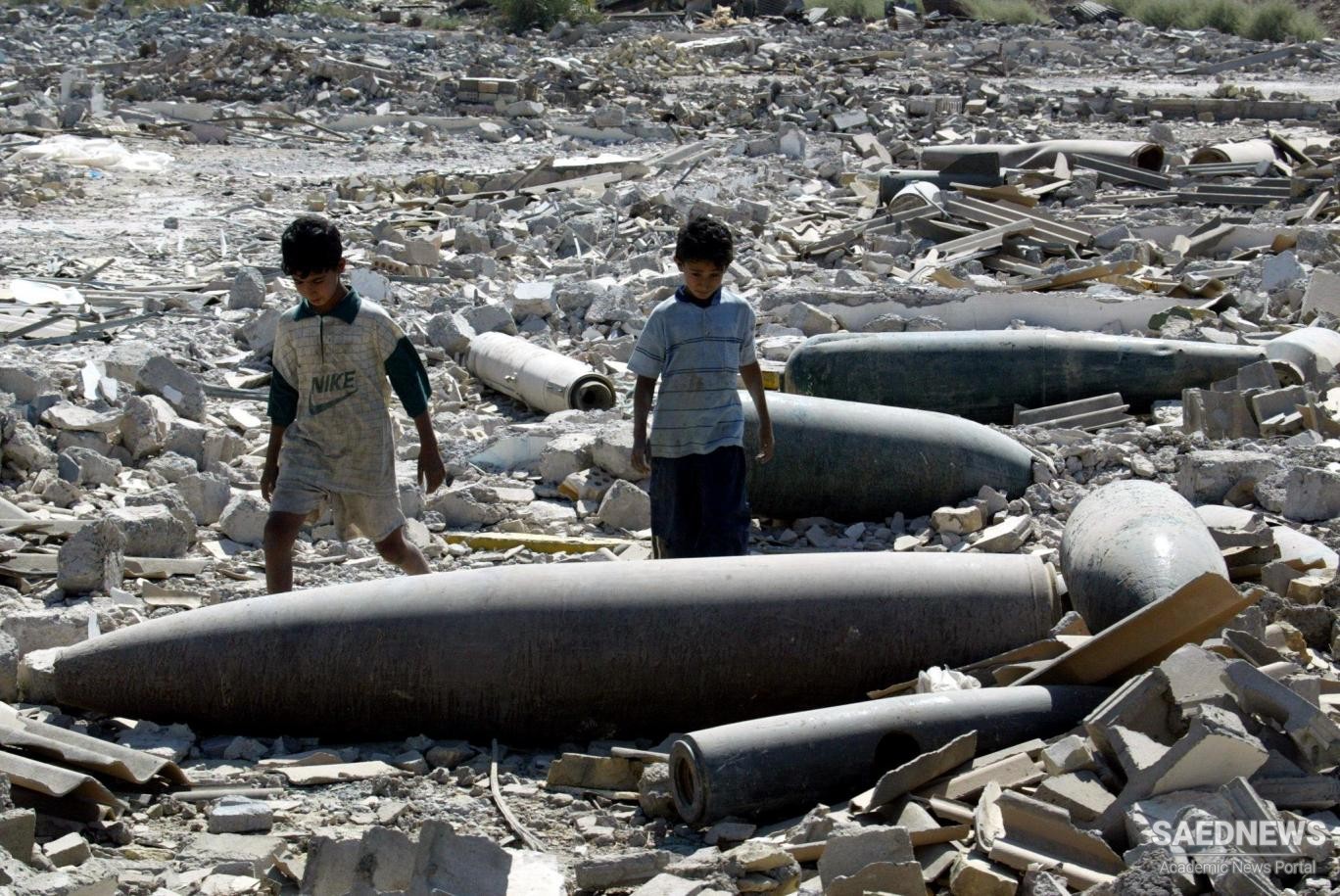The official justification for the US-led invasion of Iraq in March 2003 had been the need to disarm Iraq’s unstable dictator, Saddam Hussein. It was assumed that for more than two decades he had been amassing weapons of mass destruction (WMD), developing an advanced biological and chemical weapons programme and making repeated attempts at acquiring nuclear warheads. When the West began a campaign to disarm him from 1991, enforced through United Nations inspections, many reasons were cited for why he might try to evade the inspectors and hold on to his WMD.
One was his undoubted need to use coercion to hold together a state that embraced three large, rival communities – an Islamic Shia majority of about 60 per cent, alongside two minorities of roughly equal size, the Islamic Sunnis and the ethnic Kurds. A Sunni leader, Saddam needed to instil fear among the Shia and Kurdish populations to prevent them from rising up against him, and had proved in the past his readiness to do so, most notoriously in 1988 when he used poison gas against the Kurdish town of Halabja, killing 5,000 inhabitants.
In addition, Saddam feared the power of the neighbouring state of Iran, ruled since 1979 by Shia clerics who he worried might make an alliance with his own Shia population to overthrow his regime. Iraq fought a bloody eight-year war through the 1980s in which Saddam used chemical weapons against Iranian soldiers, possibly believing that this contributed to the defeat of his neighbour’s larger forces. He was also believed to harbour an ambition to become the unquestioned leader of the wider Arab world, and may have believed that nuclear weapons, in particular, were the key.
Then there was his bitter experience of dealing with the West, which had nurtured him as a brutal dictator – including helping to arm him with the chemical weapons used against the Kurds – only to attack him militarily a few years later when he invaded the small oil-rich Gulf state of Kuwait, which was safely within the Western sphere of control.
And finally, there was the widespread assumption that Saddam, who was vociferous in espousing the cause of the Palestinians, wanted to use his weapons to destroy Israel. ‘With nuclear weapons he would feel able to confront Israel in a spectacular way’, argued William Shawcross, a board member of an independent and highly respected organisation dealing with confl ict resolution, the International Crisis Group, a month before the invasion.


 Peaceful Occupation of Ukraine: Russian Tanks Arrive in Donbass to Keep Peace!
Peaceful Occupation of Ukraine: Russian Tanks Arrive in Donbass to Keep Peace!














































